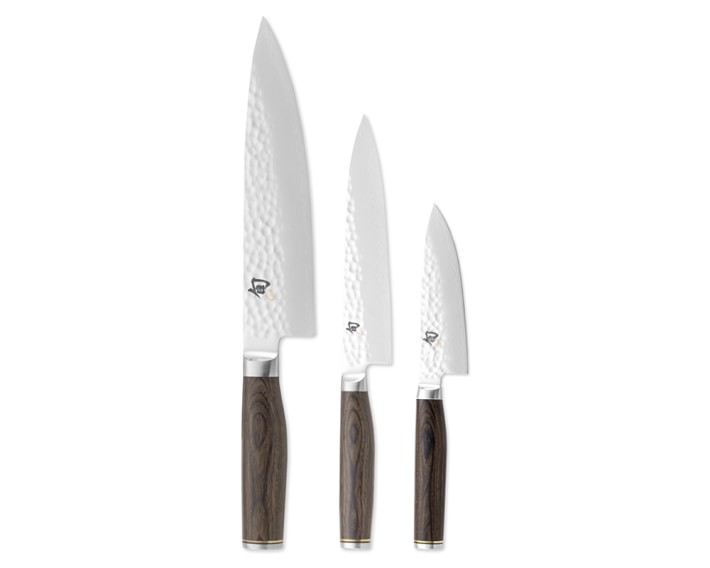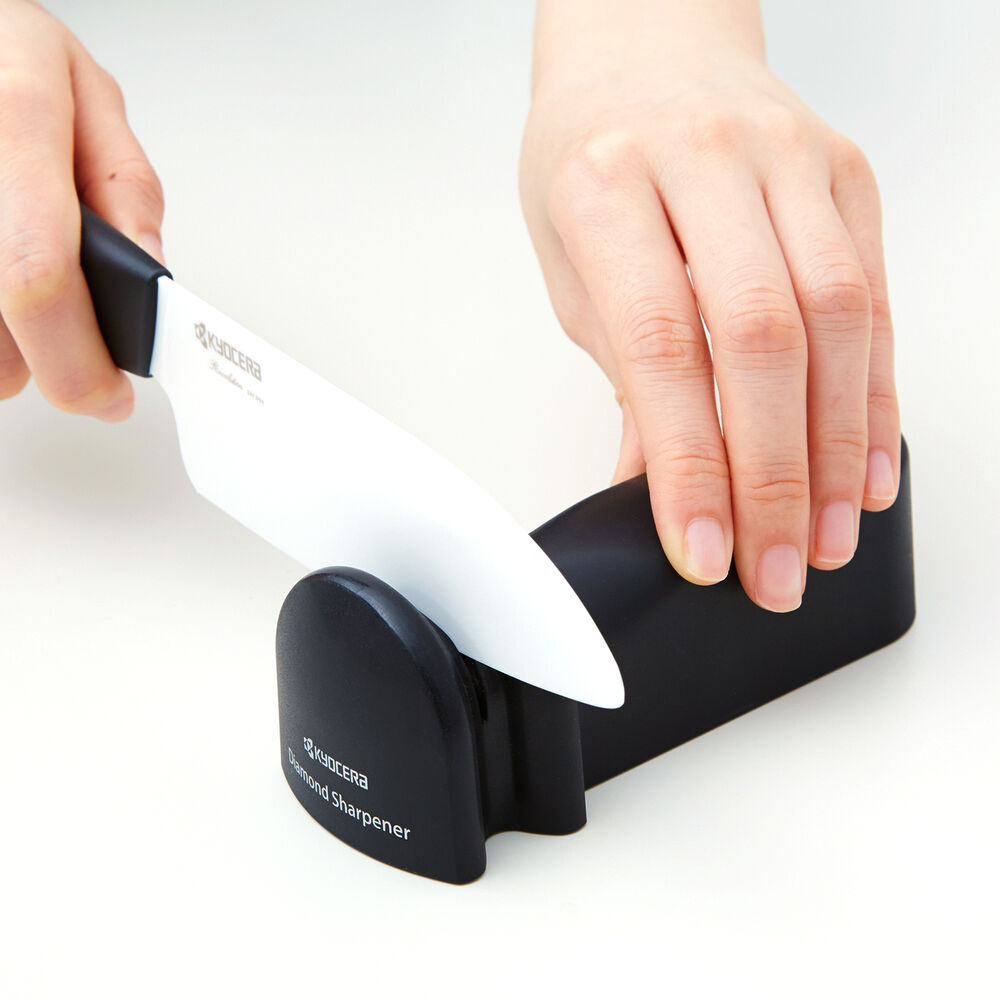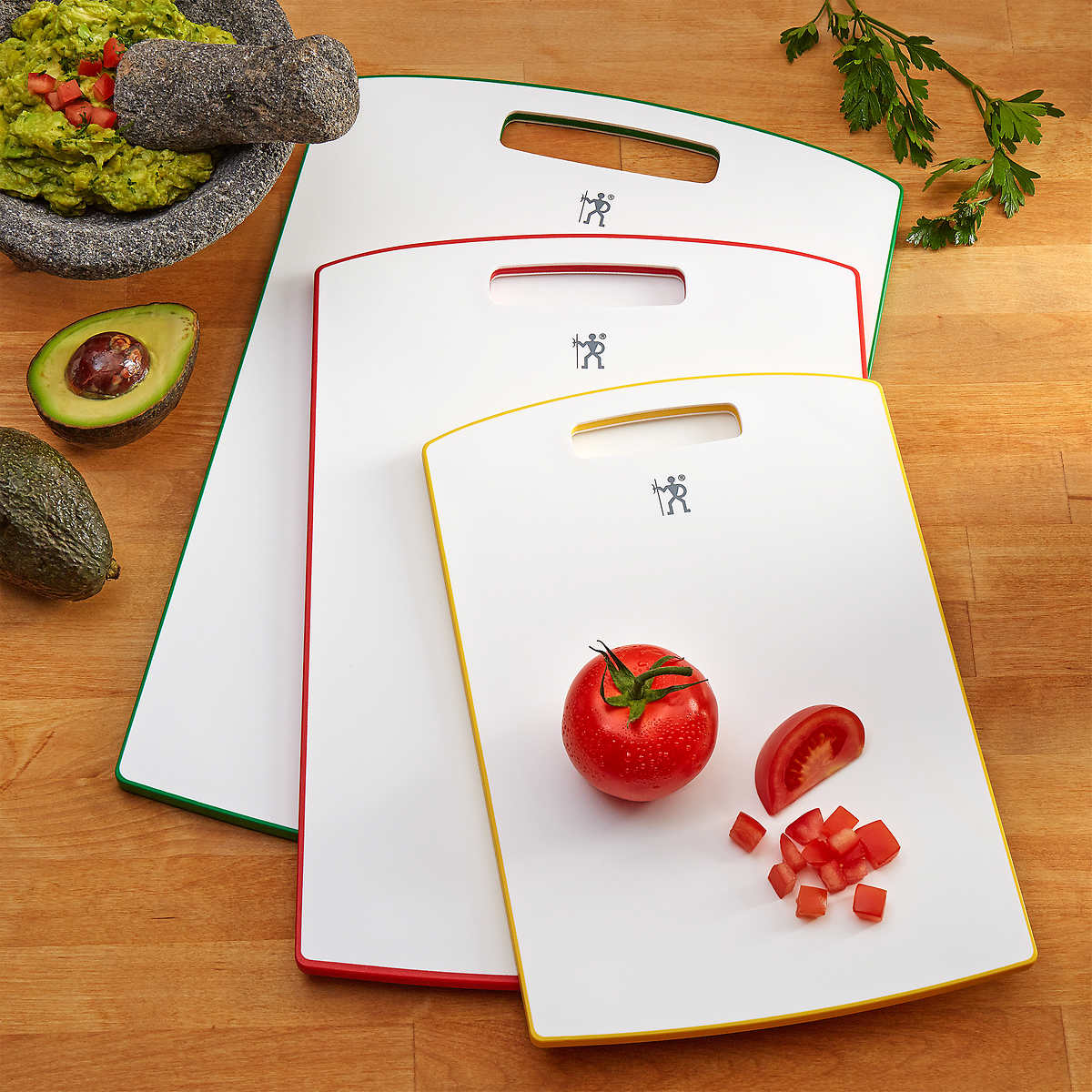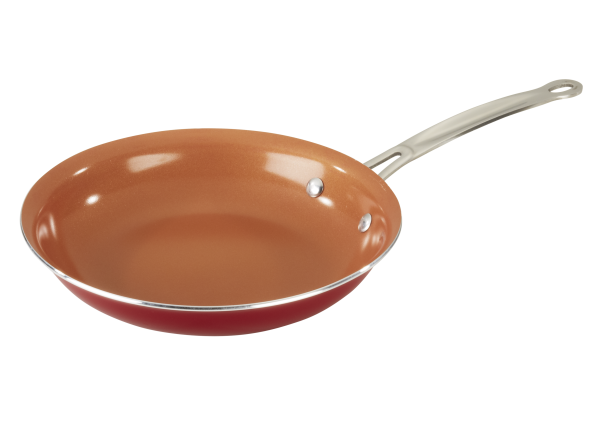| Subtotal:: | $0.00 | |
Kitchen Tools Every Cook Needs

It is time to take stock of what is in your kitchen. If you’re still using a hand-me-down cutting board and those cheap knives you found on sale at Bed Bath & Beyond when you graduated from college, you're due for an upgrade. We spoke with two professional chefs—Culinary Institute of America Culinary Arts Associate Professor Lance Nitahara, and Sabrina Sexton, the former lead culinary instructor at the Institute of Culinary Education—about their kitchen must-haves.
1. THREE KNIVES


Both Nitahara and Sexton agree you can skip the full knife set (you know, the one that comes in a fancy woodblock) and instead invest in a few essentials. According to them, all you need are a chef’s knife, a serrated bread knife, and a paring knife. “To me, these three knives would cover basically anything you would need to cut,” Sexton says. “And if I was stuck on a desert island, and I could still cook, these three knives would be what I would need.”
Sexton also recommends going with forged knives over stamped knives because they are higher in quality and will last longer.
2. KNIFE SHARPENER

The best way to increase your knives’ longevity, however, is to keep them sharp. Precisely how much sharpening this will require depends on your use frequency and menu. “I would say sharpen your knives when they get dull,” Nitahara says. “If you’re using your chef’s knife on a daily basis, I would say once every week to once every two weeks, depending on what you’re cutting as well.”
While experienced chefs have mastered the art of the sharpening stone, Sexton says that a chantry knife sharpener—one of those gadgets you stand up on your counter and slide your knife through—is easier for beginners and gets the job done.
3. CUTTING BOARD

While glass or stone cutting boards can be pretty, Sexton says wood or plastic is your best bet. “I have a very pretty little marble board that sits out on my kitchen counter, but it’s more for show. Those are going to dull your knives, so I wouldn't recommend doing heavy-duty chopping on glass or stone,” she says. “I think the main thing is that you want something that's hard enough that you don't wear it out and get grooves in it all the time.” The grooves can lead to a buildup of bacteria—which is why Sexton says, you should replace your cutting board every couple of years.
4. NONSTICK PAN

“I wouldn’t recommend getting an entire set of non-stick pans,” Nitahara says. But “one nonstick pan might be good if you do a lot of egg cookery.”
21 Jul, 2021 Cook , Help Center Topic ,
